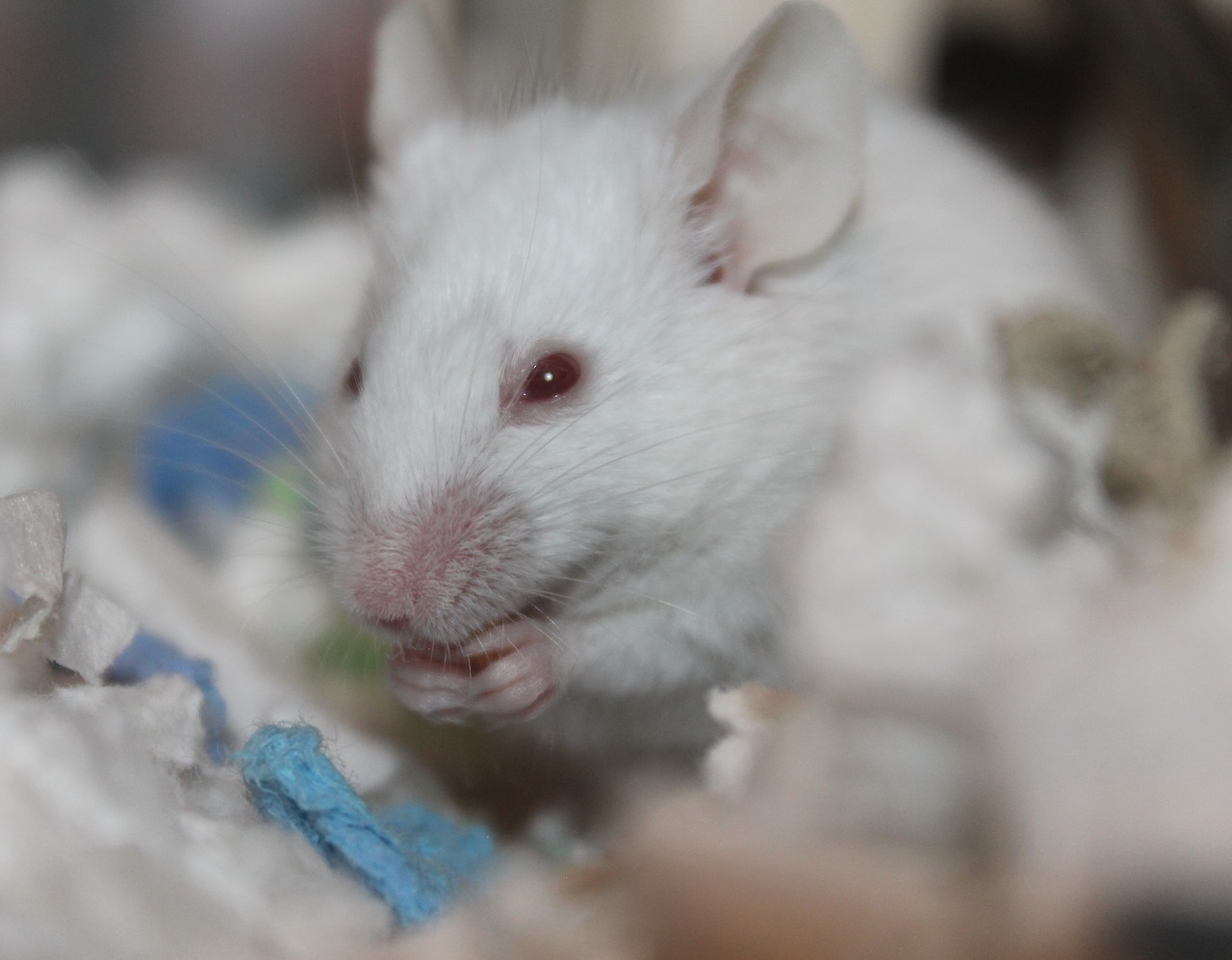
Experiments in Rats Show Some Bad Memories Can Be Forgotten
- News
- 3.3K
It is believed that an exaggerated response to bad memories is similar for all negative memories. Now, a team of Indian scientists has shown that exaggerated response and difficulty to get rid of bad memories could depend on whether the bad memory was formed before or after a stressful event.

Image: Prof. Sumantra Chattarji and Dr. M.M. Rahman (Left to Right)
The finding is based on experiments done in rats using a technique called fear conditioning. When a rat is presented with a sound tone along with an aversive cue, it forms a memory that the tone is bad.
The rat freezes in fear whenever the tone is played. But when the tone is repeated without the aversive cue, the animal learns to forget aversive memory and realizes that the tone is not bad.
When rats underwent stressful experience before fear conditioning, they showed increased fear response and inability to forget the aversive memory. In contrast, when they underwent the stressful experience afterward, they did not show any enhanced response fear or inability to extinguish the fear memory.
Researchers also recorded the brain activity of the rats as they underwent fear conditioning and stressful experience. It was found that although the amygdala (the emotional hub of the brain) remained hyperactive in stressed animals, it did not affect the expression of fear memory. The prefrontal cortex which remained relatively unaffected in stressed animals seemed to control the normal fear response.
Earlier studies had shown that the amygdala and prefrontal cortex play important role in fear-related behavior. While the amygdala is involved in the formation of fear memories, the prefrontal cortex (involved in making executive decisions) helps in their regulation and finally extinction. Stress has been found to elicit the opposite effects on the two brain structures.
“When fear-enhancing effects of prior exposure to stress are not in play, the expression of fear reflects normal regulation of prefrontal activity, not stress-induced hyperactivity in the amygdala,” explained Prof. Sumantra Chattarji, leader of the research team.
Stress-induced strengthening of fear memories and impaired fear extinction are generally believed to be a behavioral manifestation of these contrasting effects on amygdala and prefrontal cortex. This has given rise to the view that stress impairs the ability to extinguish fear memories.
“Our study questions this view”, researchers said. However, more studies in animals and humans will be required to further explore how this research can be used for treating stress disorders.
The study was done by Bengaluru-based National Centre for Biological Sciences (NCBS) and the Institute for Stem Cell Biology and Regenerative Medicine (inSTEM) has been published in journal eLife.
The research team included Mohammed Mostafizur Rahman, Ashutosh Shukla, and Sumantra Chattarji. This work was supported by the Department of Atomic Energy and the Department of Biotechnology. (India Science Wire)
By Ratneshwar Thakur
Journal Article
If you liked this article, then please subscribe to our YouTube Channel for the latest Science & Tech news. You can also find us on Twitter & Facebook.


